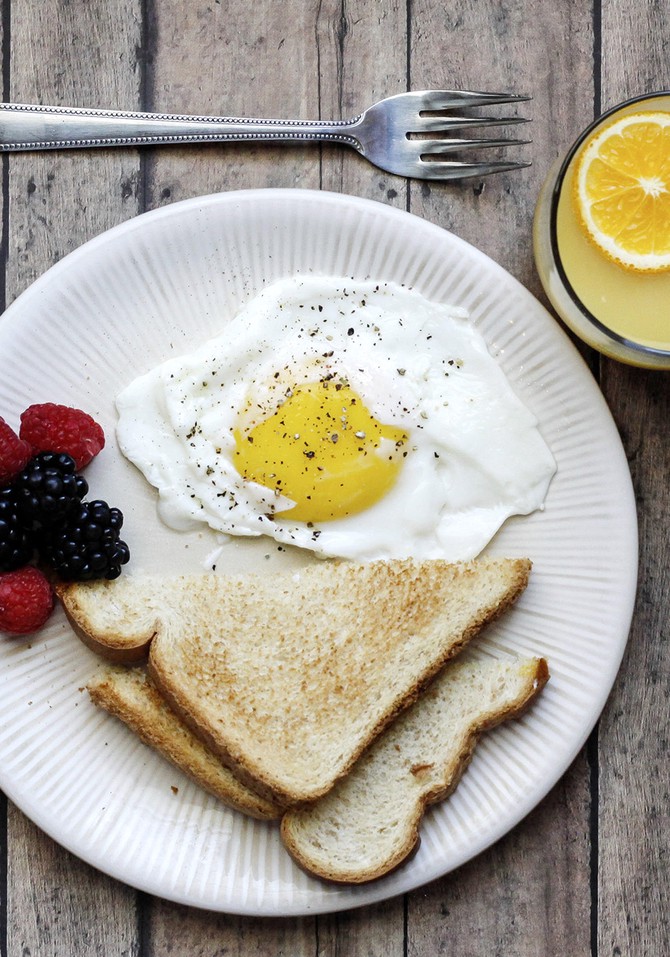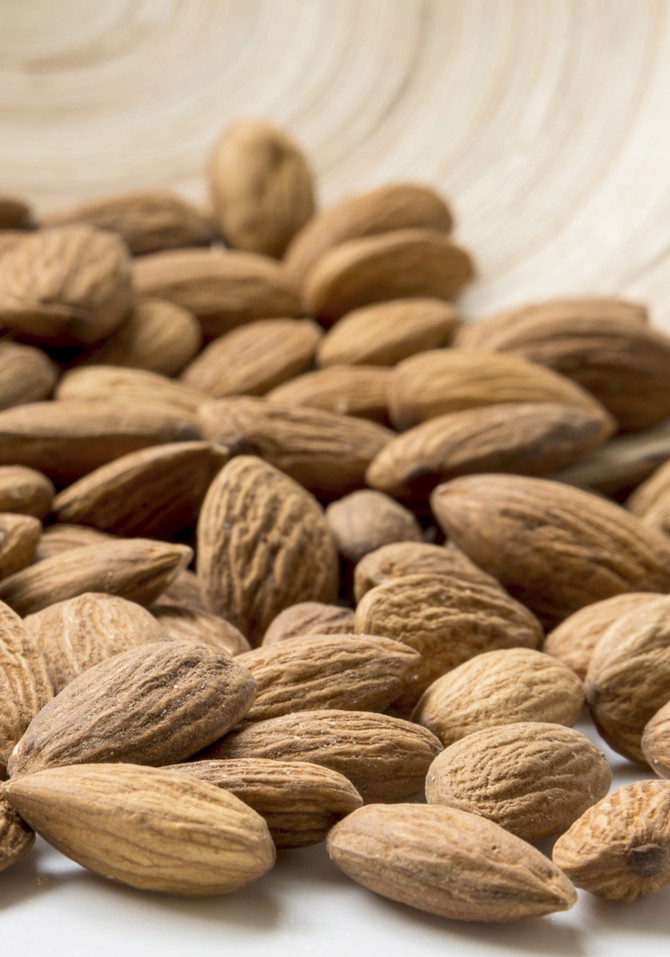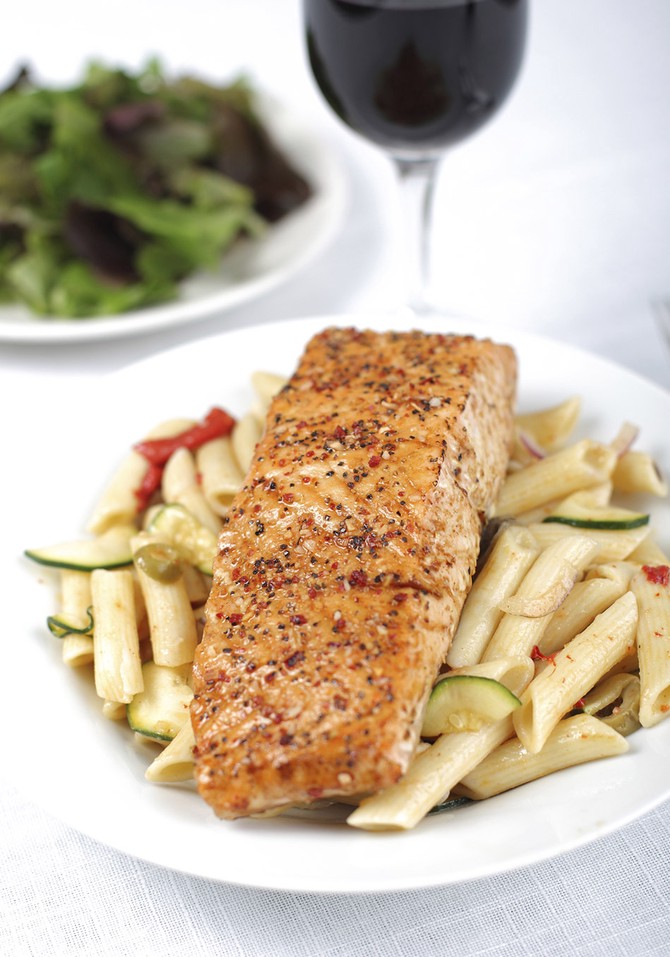Eat These Foods to Stay Focused on a Busy Day
How does Sanjay Gupta, MD, a neurosurgeon and CNN correspondent, stay sharp when his schedule gets crazy? It's all about what he eats and drinks.
By Sanjay Gupta, MD

Photo: Creatas Images/Creatas/Thinkstock
I begin most days by convincing myself to lay off the snooze button at 4:30 a.m. so I can get up for a four-mile run around my neighborhood. It's important for me to exercise early—between performing brain surgeries during the day and heading off to CNN's studio in the evening, I have very little free time. But my schedule isn't the only thing I manage. I plan what I'm going to eat, too. If I'm not careful about what I consume, I run the risk of getting sluggish or cranky. These are my strategies for staying in peak mental condition every day, from start to finish.
The brain is about 75 percent H2O, but by the time you wake up, you've gone seven, hopefully eight, hours without hydrating. I keep a 16-ounce glass of water by my bed or next to the sink to remind me to take my first sip as soon as I wake up. One study found that among healthy women, mild levels of dehydration can result in difficulty concentrating. And consider adding a lemon or lime wedge. Citrus fruits are high in the electrolyte potassium, which also helps keep you hydrated.
Rise and Hydrate
The brain is about 75 percent H2O, but by the time you wake up, you've gone seven, hopefully eight, hours without hydrating. I keep a 16-ounce glass of water by my bed or next to the sink to remind me to take my first sip as soon as I wake up. One study found that among healthy women, mild levels of dehydration can result in difficulty concentrating. And consider adding a lemon or lime wedge. Citrus fruits are high in the electrolyte potassium, which also helps keep you hydrated.

Photo: ValeriKimbro/iStock/Thinkstock
Load Up On Protein
Some trainers swear by carbo-loading in the morning, but I focus on protein and eat eggs. Besides making me less hungry throughout the day, they have plenty of choline, a nutrient that may enhance memory.

Photo: Andy_Oxley/iStock/Thinkstock
Go Nuts
For lunch, I'm a soup-and-salad kind of guy. But I also keep plenty of nuts rich in vitamin E (like almonds and peanuts) on hand. They may help protect the brain from cognitive decline with age, and the results of a 2011 study suggest they may boost levels of the feel-good chemical serotonin.

Photo: bocaminus/iStock/Thinkstock
Indulge a Little
For dinner, I like salmon because it's high in omega-3s, which research suggests can help temper your response to stress. And if you still have work to finish up at home, consider pouring yourself a little wine: One study found that resveratrol—a compound in red wine—can increase blood flow to the brain during challenging mental tasks.
From the October 2014 issue of O, The Oprah Magazine

